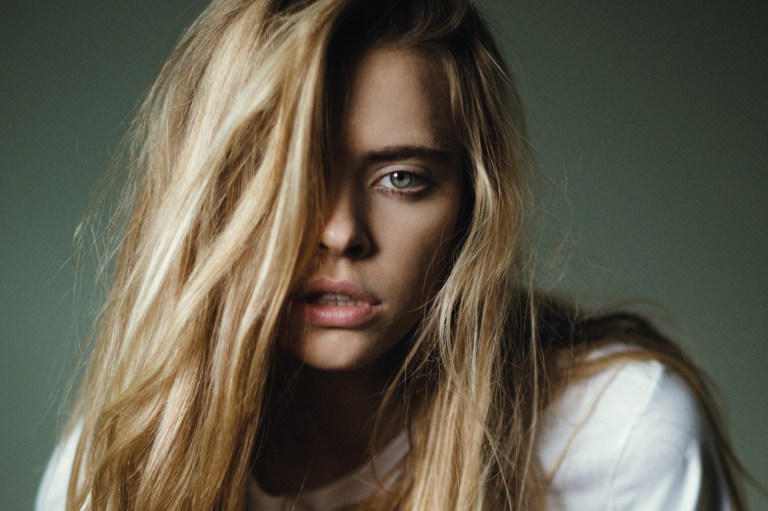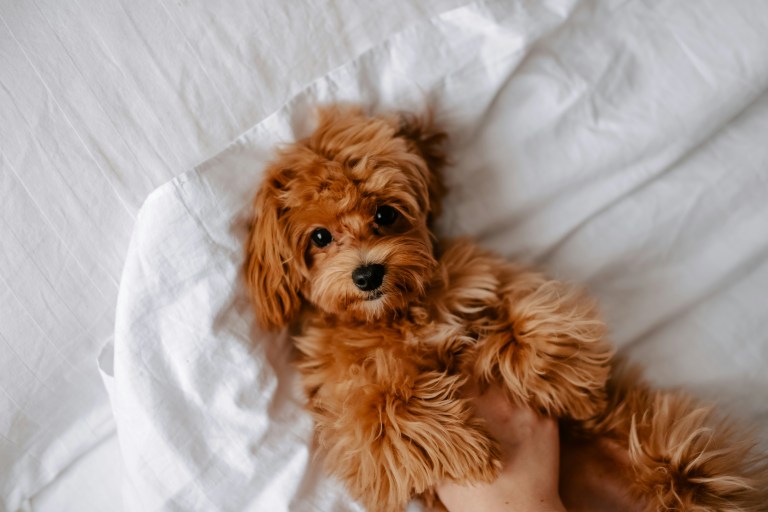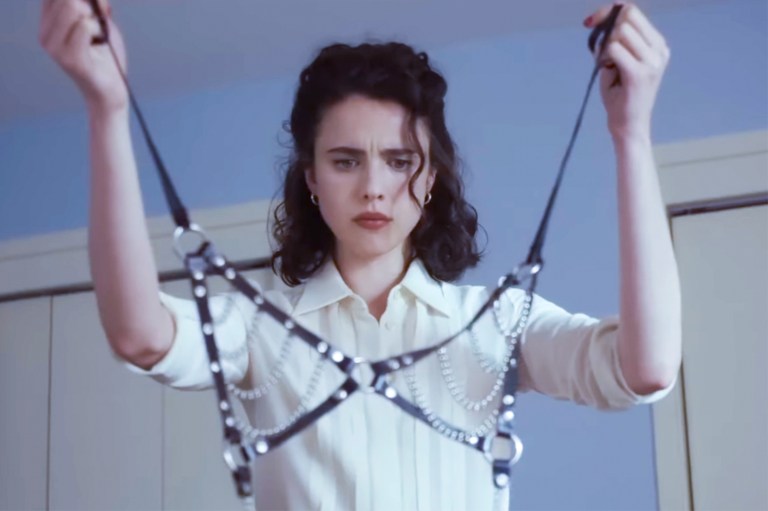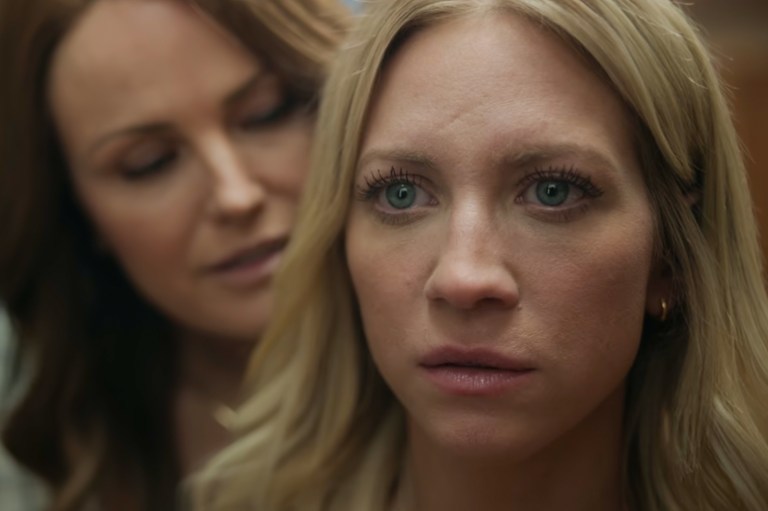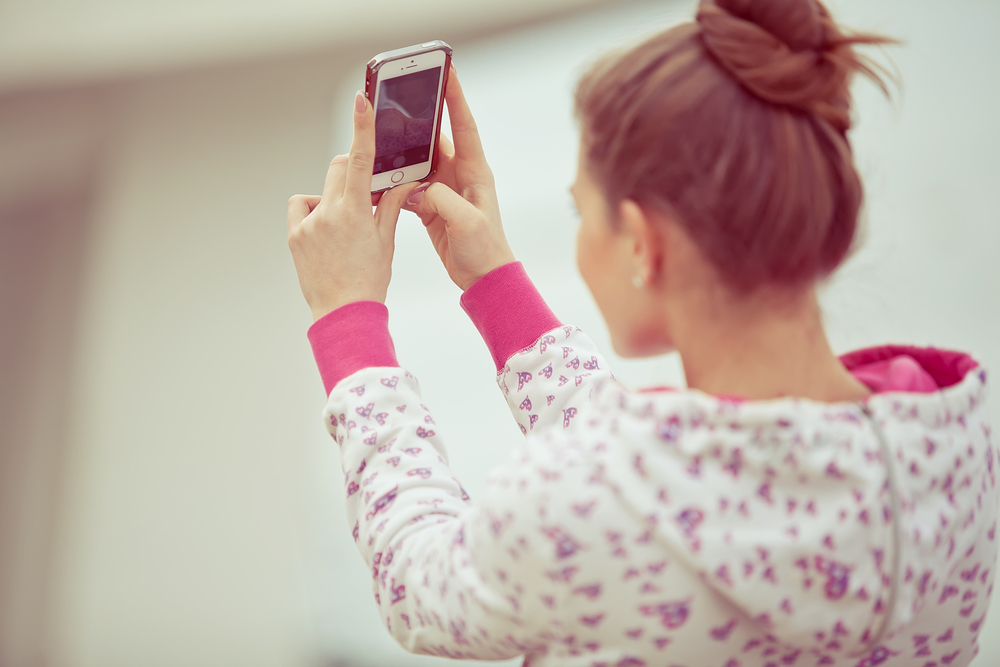
Why Your Bare-Faced Selfies Aren’t Really Helping Anyone
This campaign is meant to empower women to make a change for cancer patients. And yet the only way we can think to go about it is by marketing our appearance-based insecurities?
By ![]() Heidi Priebe
Heidi Priebe
Over the past few weeks, social media outlets have exploded with photos of makeup-free women claiming they are ‘going bare for a good cause.’ Most of these photos accompany the hashtag #nomakeupselfie and a nomination for a few of their friends to expose their natural faces as well. Some women mention that they’re doing it to raise money for cancer research. Other posts mention nothing of the sort. In any case, each photo tends to be met with an overwhelming number of likes, and comments that equate the display of one’s bare face to an act of insurmountable bravery. Yikes.
So how did this all start?
It is presumed that the campaign was spurred when, following controversy over Kim Novak’s appearance at the Oscars, a novelist and fan of the actress and ex-cancer patient posted a photograph of herself bare-faced on Twitter. Thousands of fans began posting pictures of themselves barefaced in support, asking their friends to donate to cancer research via a provided link or by sending a text message. The campaign was undoubtedly successful at first – by capitalizing on the vanity of young women, it was able to raise over $3 million for cancer research. Until cancer research quietly stepped out of the picture.
Somewhere along the line, women stopped posting links to cancer research websites while hashtagging their selfies. Bare-faced pictures went viral, with captions such as “For a good cause!” and “Showing my support.” Comments, on the other hand, moved away from “I just donated $20 to support cancer research” and turned into “Girl, you’re soooo pretty!” Arguably, the cause morphed from cancer support to support of women’s vanity.
So what’s the problem?
Before we launch into a discussion of how this is encouraging a realistic standard of beauty for women, let us consider this: is any standard of beauty one we should be encouraging?
I am by no means against wearing makeup, nor am I against going without it. How anyone chooses to decorate their face is their prerogative. If it makes you feel fabulous to do something artistic with your eyelids, more power to you. If it makes you feel anxious to apply lip liner, by all means, go nude. But when we’ve reached the point where bearing one’s natural face is considered shocking, it’s an indication that our standards have gotten out of hand. These women are showing their lips tinted slightly less pink, not dismantling a nuclear bomb.
This campaign is meant to empower women to make a change for cancer patients. And yet the only way we can think to go about it is by marketing our appearance-based insecurities? Have we not gotten further than this? The face that posting a pouty-faced selfie is the most valuable contribution most women consider themselves able to make is a troubling notion to me.
Here are a few more effective examples of how women could contribute to cancer research: post a picture of yourself at a local relay for life event. Volunteer your time at a hospital. Actually go ahead and donate to the cause. In my perhaps naïve opinion, seeing these images would be considerably more inspirational in the fight against cancer than seeing a picture of my next-door neighbor with a pimple.
But the selfies raise awareness, right?
Sure. For a while they did. And cancer awareness is by no means a negative trend for social media to pick up on. But the problem with social media crazes is that they tend to throw the baby out with the bathwater. What was once an effort to raise funds for people in need has turned into a self-absorbed aggravation of physical appearance ideals for women. When you received your nomination and posted your selfie online, did you research what it was you were supporting? Did you look into how you were actually contributing to cancer research? Or did you simply pull out your best pouty-face and choose the most flattering of several angled shots?
Perhaps the sharing of bare-faced photos is annoying at worst. But it is becoming scary how readily we latch onto social media trends without questioning their origins. My plea to you, bare-faced women of the internet, is to start doing your homework. Before declaring your solidarity with a hashtag, take a few moments to analyze what sort of support you are actually giving. Is it a cause you believe in? Is it a problem you are actually doing something about?
Instead of blindly following trends on social media, let’s start taking them to the next level. Does it seem like posting a picture of your bare face is going to benefit cancer research? If not, what might? The answer to that question’s up to you. And if you cannot find the answer, this page might be a good place to start. ![]()

